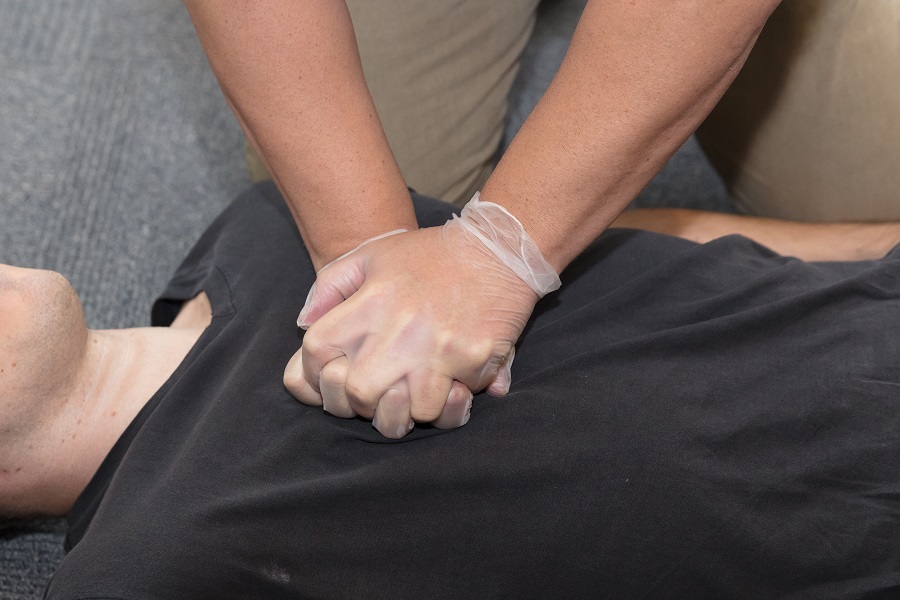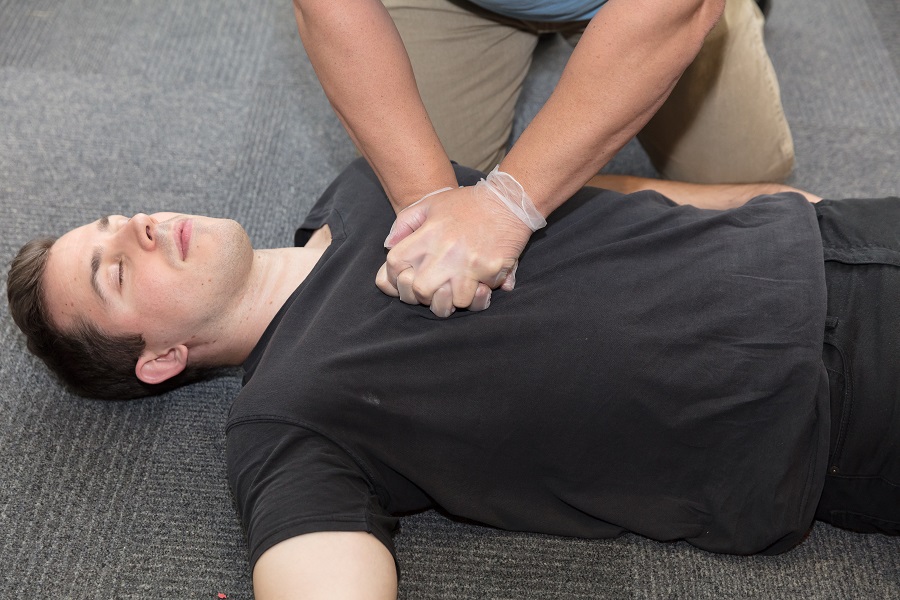An Edmonton man who drowned in Okanagan Lake was given CPR. The bystanders pulled a swimmer from the lake after he went under but CPR failed to revive him.
Concerns on the water
According to police, a 25-year old Edmonton man drowned while swimming in Okanagan Lake in British Columbia.
The West Kelowna RCMP were called to help paramedics who were responding to a report of a possible drowning at a campground. The emergency crews took over the bystanders who pulled the man from the lake and were performing CPR, but he died at the scene.

According to Cpl. Jesse O’Donaghey, the man was swimming when he abruptly went under the water and did not resurface. His family screamed for help. The RCMP recognizes the effort of people who quickly responded in pulling the man from the water and performed CPR.
For more information about this story, click here.
LEARN MORE
Learn how to be ready for emergencies by enrolling in our CPR courses. Our courses maintain social distancing measures with reduced class sizes to maintain the minimum 2 meters apart along with the mandatory use of face masks and regular temperature checks. The venue of the courses undergoes regular, enhanced cleaning, and disinfection routines.
For more information, check out these sources:
https://www.webmd.com/first-aid/drowning-treatment
https://www.webmd.com/first-aid/cardiopulmonary-resuscitation-cpr-treatment
https://www.mayoclinic.org/first-aid/first-aid-cpr/basics/art-20056600

